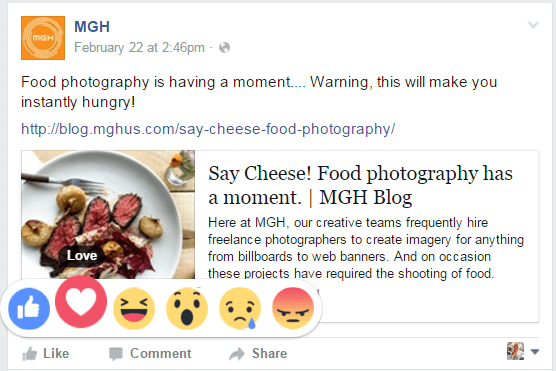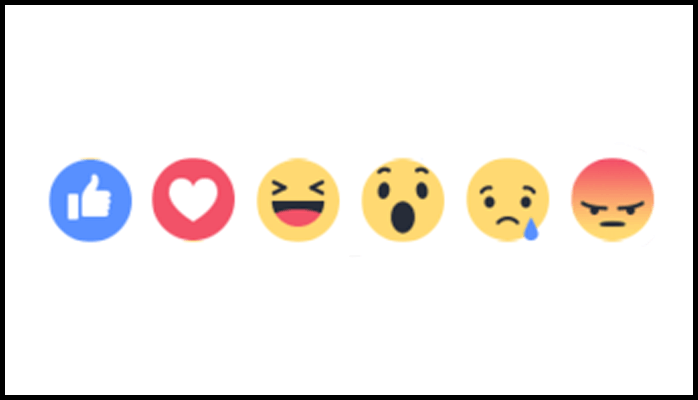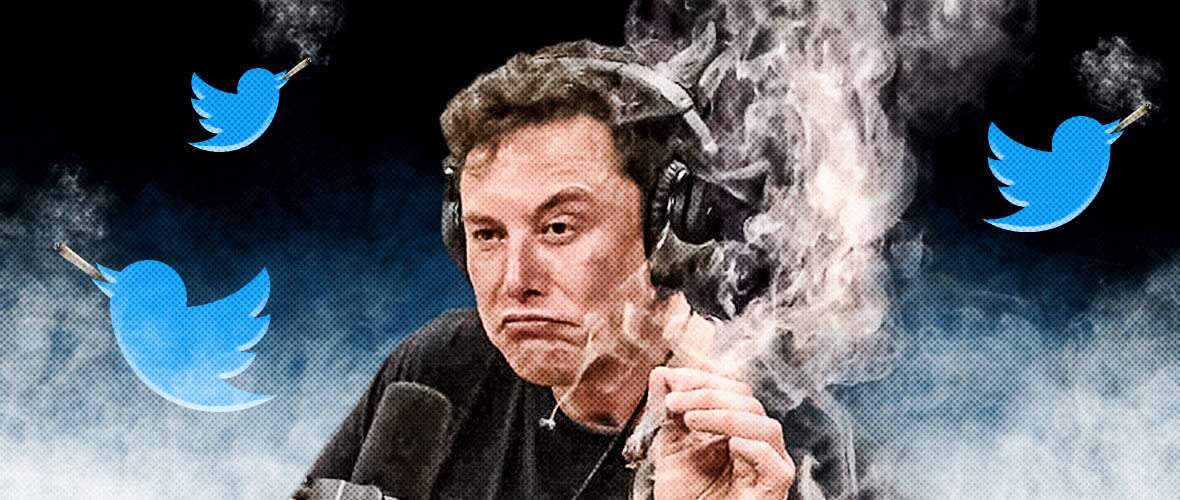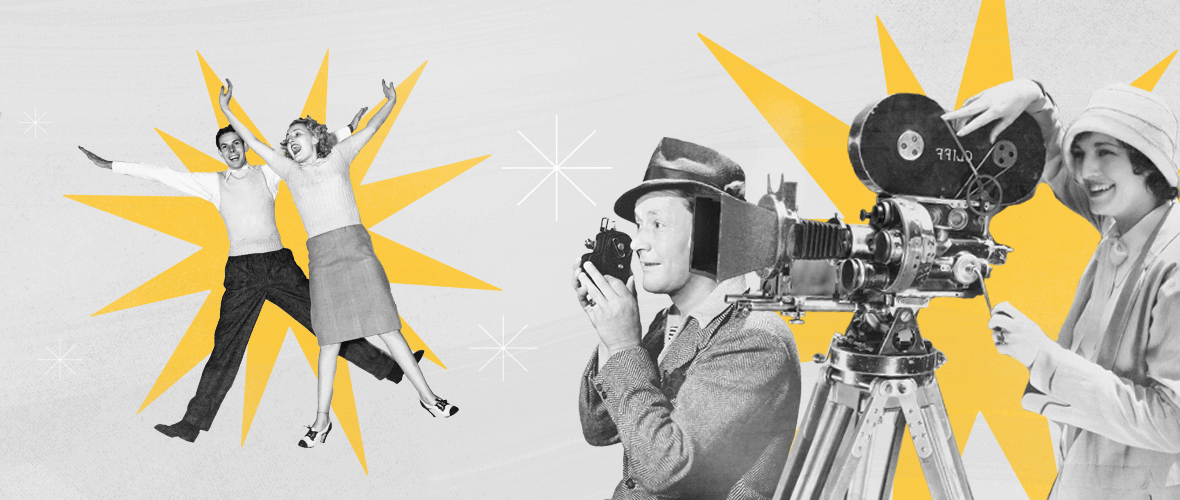Don’t Feel Like “Liking”? There’s a Facebook Reaction For That

The iconic Facebook “Like” button – the “thumbs-up” that has defined a generation – has a few new neighbors after Facebook rolled out its much-anticipated “Reaction” buttons to users globally today.
If you’ve ever found yourself wishing that Facebook allowed you to express yourself beyond a simple like, it’s your lucky day. Reactions will still include “Like,” but you can now react with “Love,” “Haha,” “Wow,” “Sad,” and “Angry” on posts, and – perhaps more importantly for social media marketers – on Facebook ads.
Hovering over the “Like” button on desktop and pressing down on the “Like” button on mobile reveals the expansion, allowing users to express how they feel in a more specific and nuanced way than ever before.
For some, Reactions were a long time coming. After all, how many times have you been scrolling through your News Feed, not quite sure that a “Like” for a post or a photo is an appropriate reaction? Facebook heard your cry, and Reactions were born. Your new options for expressing yourself on the world’s most popular social media network have been in testing in Europe for some time now, and they not only play into an obvious need, but also mirror the ubiquitous rise of emojis in recent years. And seriously, who doesn’t love a good emoji?
So, what does this mean for social media marketers?
According to Facebook, ads reporting won’t include a specific breakdown of individual Reactions (at least for the time being) – but advertisers will be able to view this breakdown in Page insights, shedding more specific light on how customers are receiving content and the brand overall. It stands to reason that more options for a user to react to a post will lead to a larger volume of Reactions, which could lead to higher engagement numbers to report on. And higher engagement numbers make a social media marketer very happy indeed.

Though it would be naïve to think that any huge development like this will only be rainbows and butterflies for social media marketers, it’s an exciting development all the same in the ever-changing landscape of social media marketing.
Like everyone else, we have plenty of questions – will the “Angry” reaction bring disgruntled customers out of the woodwork? Will Reactions eventually render the “Like” button useless? If there are more options to express oneself through “Reactions,” will this lead to fewer comments? Will there eventually be even more Reactions? Only time will tell, but here at MGH, the social media team is looking forward to seeing how Reactions play out for the brands we manage.





